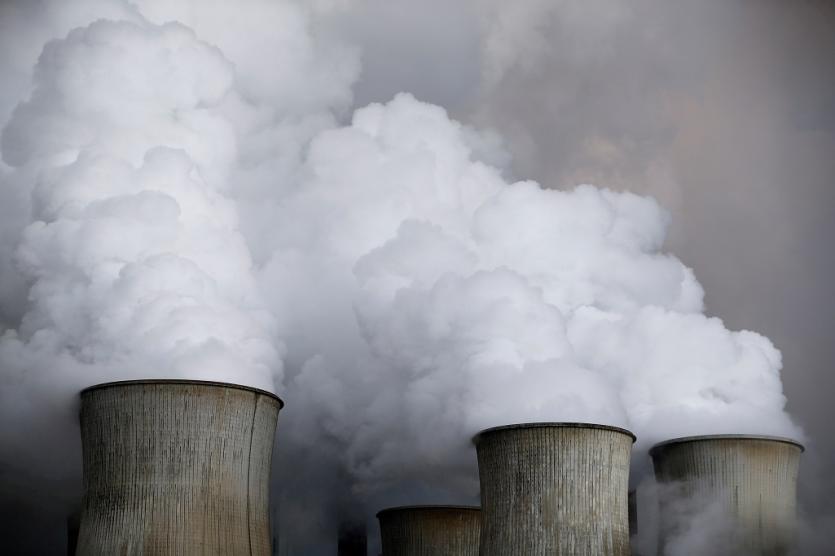Steam rises from the cooling towers of the coal power plant of RWE, one of Europe's biggest electricity and gas companies in Niederaussem, Germany, March 3, 2016. Photo:REUTERS
By Patryk Krych | The World Daily | MAY 15th 2021
On Saturday, German Chancellor Angel Merkel had rejected the proposition of bringing the country’s proposed exit date from coal to an earlier year – with the currently planned exit year being firmly set at 2038 and no intentions of having it come sooner.
According to the Paris Climate Accords, which many countries (including the US as of recent) have made a pledge to uphold, state that if harmful emissions are not curbed by 2050 and the temperature isn’t prevented from rising, then disastrous effects will transpire as a result.
Such countries as Germany have devised their own strategies to gradually reach net-zero emissions before 2050, including such plans as ‘coal exit’ strategies in which a certain date is set for a year in which the country intends to entirely cease using coal as a means of production, be it for power or otherwise.
However, despite climate activists claiming that the 2038 coal exit strategy will not be enough to reach Germany’s planned net-zero emission goals before 2050, and that the coal exit ought to come sooner, Germany’s Chancellor Merkel has rejected the suggestion stating that if the net-zero plans are to be held firm, they need to be unchanging for the most part.
“Those affected need some reliability on the path to climate neutrality,” said Merkel. “I don't want to unravel this again after one year.”
This development comes following the approval of a legislation for more ambitious harmful emission goals by Merkel’s cabinet on Wednesday. This includes more ambitious targets for the reduction of CO2, as well as a promise for complete carbon neutrality by 2045, rather than 2050.
This legislation was put into action following a court ruling that took place last month in April, when it was noticed that the 2019 climate laws had failed to provide the appropriate environmental protections to a sufficient standard.
The decision was reached by the end of the month when the court had decided to side with a woman who claimed that stronger climate goals would be necessary, as otherwise, the destructive nature of climate change resulting in rising sea levels would lead to the total destruction of her family farmland.






